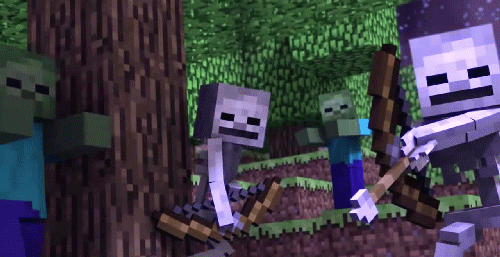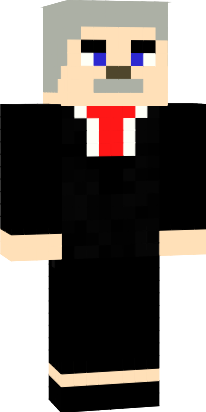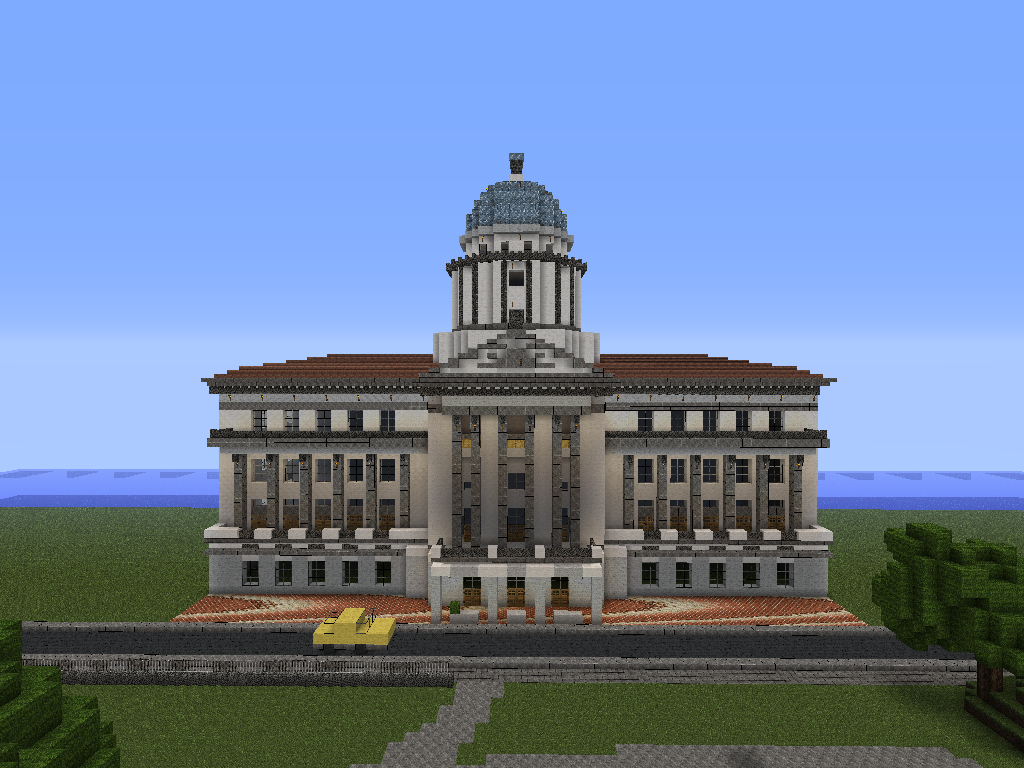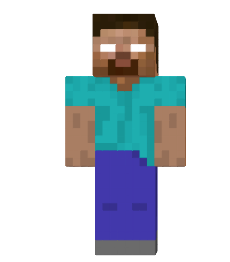Article III
Section I
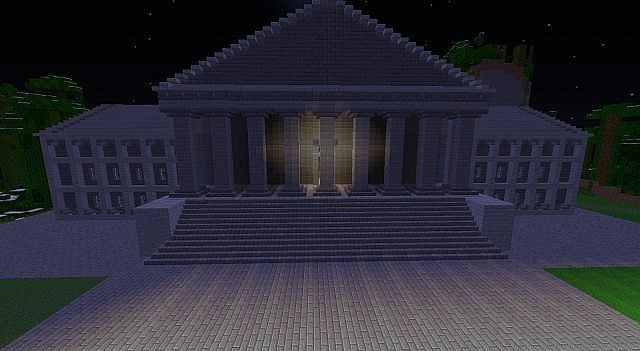 The judicial Power of the United States shall be vested in one supreme Court, and in such inferior Courts as the Congress may from time to time ordain and establish. The Judges, both of the supreme and inferior Courts, shall hold their Offices during good Behaviour, and shall, at stated Times, receive for their Services a Compensation, which shall not be diminished during their Continuance in Office.
The judicial Power of the United States shall be vested in one supreme Court, and in such inferior Courts as the Congress may from time to time ordain and establish. The Judges, both of the supreme and inferior Courts, shall hold their Offices during good Behaviour, and shall, at stated Times, receive for their Services a Compensation, which shall not be diminished during their Continuance in Office.
Section II...
Full text available at the US government transcript site.
the different sections of Article III.
 This article is all about the Judicial branch of the United States Government. Each branch has their own specific duties & responsibilities. The Judicial branch is where the rules are for the Courts and the judges that are in charge of them. They handle disputes over Constitutional law as well as regular court business involving the laws of the US. As always, I highly recomend reading the original language at the government archive site either before or after reading my explanation. It would be a good idea to read the Federalist and Anti-Federalist papers as well as James Madison's notes on the Constitutional Convention if you want to understand what the founding fathers were so worried about. Law and order, here we come!
This article is all about the Judicial branch of the United States Government. Each branch has their own specific duties & responsibilities. The Judicial branch is where the rules are for the Courts and the judges that are in charge of them. They handle disputes over Constitutional law as well as regular court business involving the laws of the US. As always, I highly recomend reading the original language at the government archive site either before or after reading my explanation. It would be a good idea to read the Federalist and Anti-Federalist papers as well as James Madison's notes on the Constitutional Convention if you want to understand what the founding fathers were so worried about. Law and order, here we come!
This tells us that the power of the Judicial branch is mainly the Supreme Court and the lesser courts that Congress assembles at times (remember the powers of Congress in Article I?). Once the judges have been appointed they can keep their job as long as they behave properly (by that we mean they follow the law and act honorably and ethically in dealings with others). If the judge breaks the law, starts lying regularly or takes a bribe (when someone pays money to a public official to get a court ruling or Congressional Bill made in their favor) they can be fired from their job.
This is where the Founders described what the Judges could do and in what types of legal cases they should be involved. Any case that is a question of Constitutional law or dealing with the laws of the United States (not the laws of the States themselves unless they interfere in some way with the Federal laws). Any case that has to do with a treaty with another country (or Native Americans) is also the job of the courts. Any cases of law that are involved with foreign ministers (people that have a position in a foreign government that may have committed a crime for example) and ambassadors of any type (ambassadors negotiate treaties and/or act as a representative of the President and the government of a country to another country).
Finally, section II gives a little bit of information about the process of impeachment and other cases. Remember that impeachment is when a public official is put on trial to see if the need to be fired from their elected position. The trial for these offenses is supposed to take place near where the offensehappened. So if the crime happened in Georgia then it should be tried in a court in Georgia. If the crime occurred outside of any state the federal government has to pick the location.
Treason is a betrayal of a position of trust.In the definition used by the federal government and the Founding Fathers treason is considered to be a citizen committing an act of war against the US Government or providing "material aid and comfort" to the enemies of the United States. By aid and comfort they mean the person did something like give the secrets of our latest defense equipment to a foreign country that is not an ally (this would put our soldiers at risk of being killed because the treasonous person told the enemy where all our weak points were). Nobody can be convicted of treason unless there are two witnesses to the same act of treason or the person confesses. The punishment for treason is left up to congress to decide. They are not allowed to hold the person's family guilty of the same charge simply because they are related, the authorities would have to provide evidence against the other family member in order to arrest them as well.
